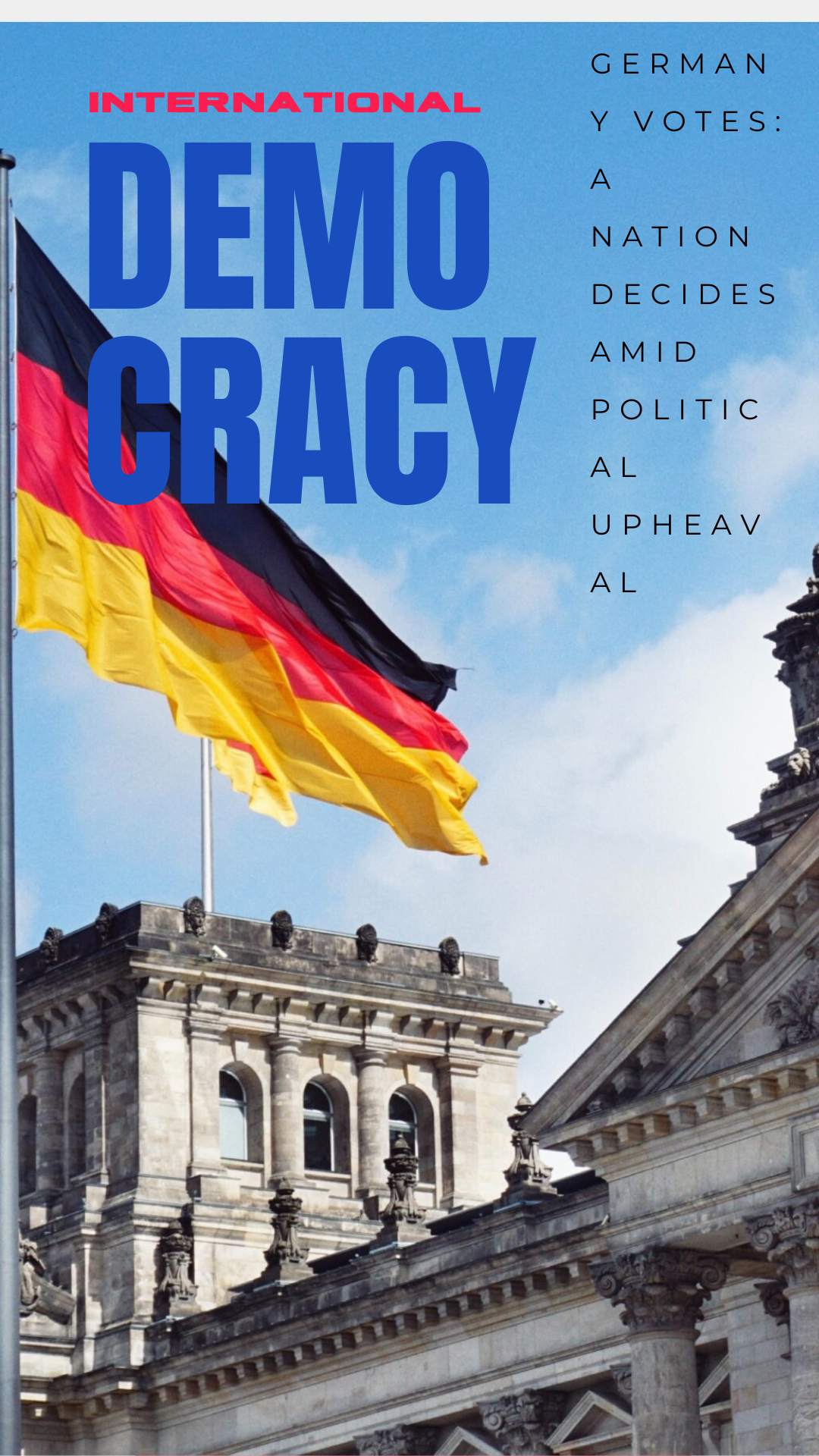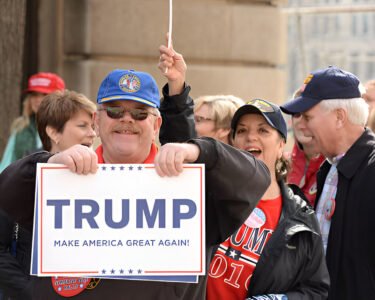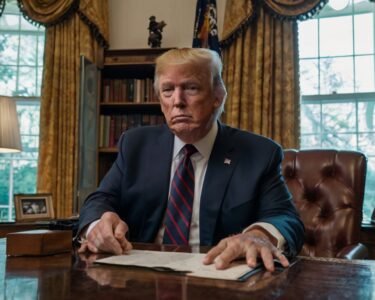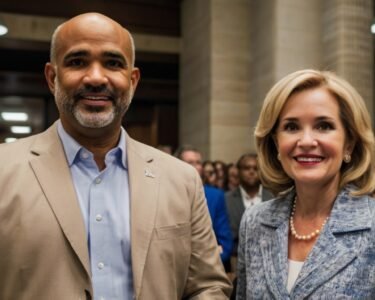Conservatives Lead as Germans Head to the Polls
Germany is witnessing a crucial national election that could redefine its political landscape for years to come. The snap election was called after Chancellor Olaf Scholz’s three-party coalition government collapsed, leading to an early vote amid economic instability and shifting political allegiances. The Christian Democratic Union (CDU), led by Friedrich Merz, has maintained a steady lead in the polls, capitalizing on public dissatisfaction with the current government’s handling of economic issues, migration policies, and international relations. However, despite their advantage, the CDU is unlikely to secure an outright majority, making coalition negotiations inevitable.
The election comes at a time when Germany is facing mounting economic challenges, including two consecutive years of economic contraction. Many businesses struggle to compete globally, and voters are demanding stronger leadership. While Merz’s conservative bloc offers a promise of stability, the fragmented nature of Germany’s political landscape means that forming a government will be far from straightforward. With coalition discussions likely to be complex, the nation could face months of political uncertainty before a new administration is firmly in place.
AfD Poised for Historic Success Amid Rising Far-Right Influence
A major development in this election is the unprecedented rise of the far-right Alternative for Germany (AfD), which is poised to secure its best electoral result yet. The AfD has gained traction by exploiting widespread dissatisfaction with mainstream parties, particularly on issues related to immigration and national identity. This election could mark a turning point in Germany’s political culture, as the AfD challenges the traditional dominance of centrist parties.
However, the party’s surge has been met with strong opposition from other political leaders and civil society. The AfD has been scrutinized by German intelligence agencies due to its links to extremist ideologies, and some of its members have been accused of downplaying Nazi atrocities. Despite these controversies, endorsements from international figures like former U.S. President Donald Trump and billionaire Elon Musk have amplified its appeal. Their support has sparked debates over whether these endorsements will legitimize the AfD in the eyes of voters or backfire by alienating moderate conservatives.
Coalition Negotiations Set to Shape Germany’s Future
With no single party expected to secure an outright majority, the next government will likely depend on coalition negotiations. Friedrich Merz has made it clear that his CDU will not form an alliance with the AfD due to its extremist associations, reinforcing what German politicians call the “firewall” against the far-right. Instead, he may seek to govern with the center-left Social Democrats (SPD) or the pro-business Free Democratic Party (FDP). However, both options come with challenges.
A CDU-SPD coalition would unite Germany’s two largest parties, but deep ideological differences could make governing difficult. Meanwhile, the FDP’s support might not be enough to secure a majority, meaning a third party may need to be involved. The failure of Scholz’s previous three-party government has shown how difficult such arrangements can be, raising concerns about stability. If coalition talks drag on for months, Germany could face prolonged political uncertainty, which might impact its role in the European Union and global affairs.
A Divided Germany and Its Impact on Europe
The implications of this election extend beyond Germany’s borders, as the country plays a central role in the European Union. A divided government or a prolonged leadership vacuum could slow down critical EU policymaking, especially on issues such as economic recovery, military support for Ukraine, and trade relations with the United States and China.
Additionally, the AfD’s rise reflects a broader trend in Europe, where nationalist and far-right parties are gaining ground. Recent elections in Italy, France, and the Netherlands have shown growing voter frustration with mainstream politics, and Germany is no exception. If the AfD performs exceptionally well, it could encourage similar movements across Europe, altering the balance of power within the EU. The election’s outcome will signal whether Germany remains committed to centrist governance or whether nationalist forces will continue gaining momentum.
Uncertainty Looms as Voters Decide
With the polls closing soon, the final outcome remains unpredictable. While CDU’s lead suggests a return to conservative leadership, the challenge of forming a stable government remains. Meanwhile, the AfD’s strong performance could force mainstream parties to rethink their strategies for countering the far-right’s growing influence.
Exit polls will provide the first indication of the results, but with many voters still undecided and mail-in ballots playing a larger role than ever, surprises remain possible. As Germany stands at a political crossroads, the nation and the world wait to see which path it chooses—one of stability and coalition-building or one of disruption and ideological division.




